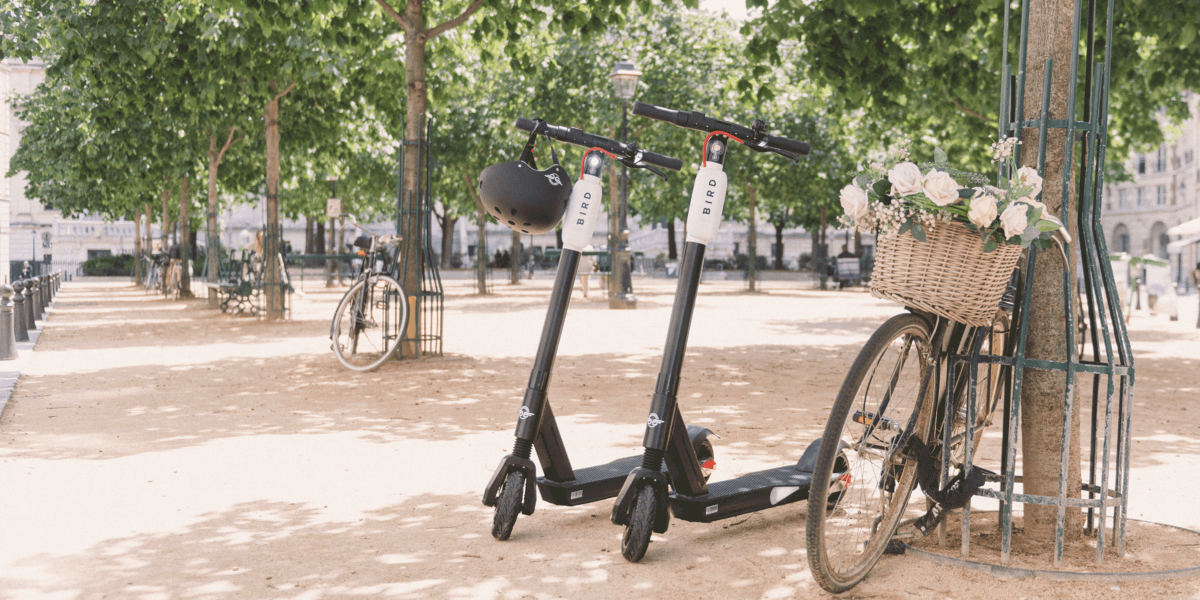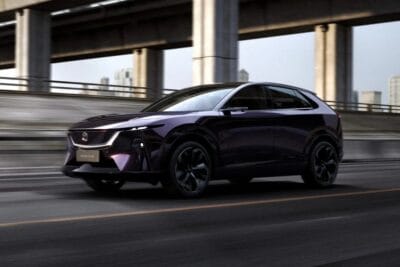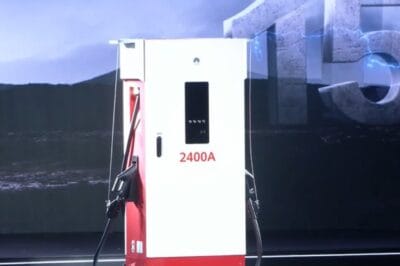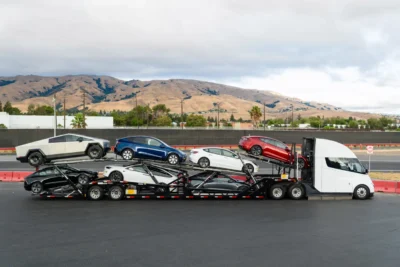UK to test electric kick-scooters for legalisation
In the UK, the government is catching up on kick-scooters and is now discussing to legalise the micromobility vehicles. The Department for Transport is proposing four future transport zones’ to trial future regulation.
The zones designated by the DfT are Portsmouth and Southampton; the West of England Combined Authority (WECA); Derby and Nottingham; and the West Midlands. The trials are to help consult on the rules required to allow the new technology to operate safely.
Transport secretary, Grant Shapps added: “Our groundbreaking future of transport programme marks the biggest review of transport laws in a generation and will pave the way for exciting new transport technology to be tested, cementing the UK’s position as a world-leading innovator.”
Different from other European countries, the UK does not allow the use of electric kickscooters. The rule has prevented companies such as Lime, Bird and Jump to release the swarms of “trottinettes”. Only Bird had found a loophole and ran a small fleet in London’s Olympic Park. Besides, private users have been seen zooming around for some time now.
For the kickscooters to enter the new “future transport zones” as pilot schemes, the government needs to amend legislation. So it will be several months until e-scooters are allowed on UK roads. Under current laws, powered transport is categorised as cars and motorcycles; pedal-assist e-bikes, which are effectively treated as regular bicycles provided they are pedal-assist; and electric wheelchairs and mobility scooters, which have a special allowance to be used on pavements.
The trial will assess what new restrictions should be put in place. This could include a minimum age for riders, speed limits, licensing, insurance and helmets as well as where you may drive the LEVs.
Lastly, the question is also which powers local authorities should have to manage e-scooter hire firms. Paris, for example, had cracked down very quickly after an initial surge of the EVs. Germany too introduced additional regulation for what the EU calls PLEV shortly after it permitted the e-scooters to crowd the cities.
Meanwhile, first providers like Lime have begun withdrawing the sharing offers due to a lack of profitability, in particular in the United States.





0 Comments